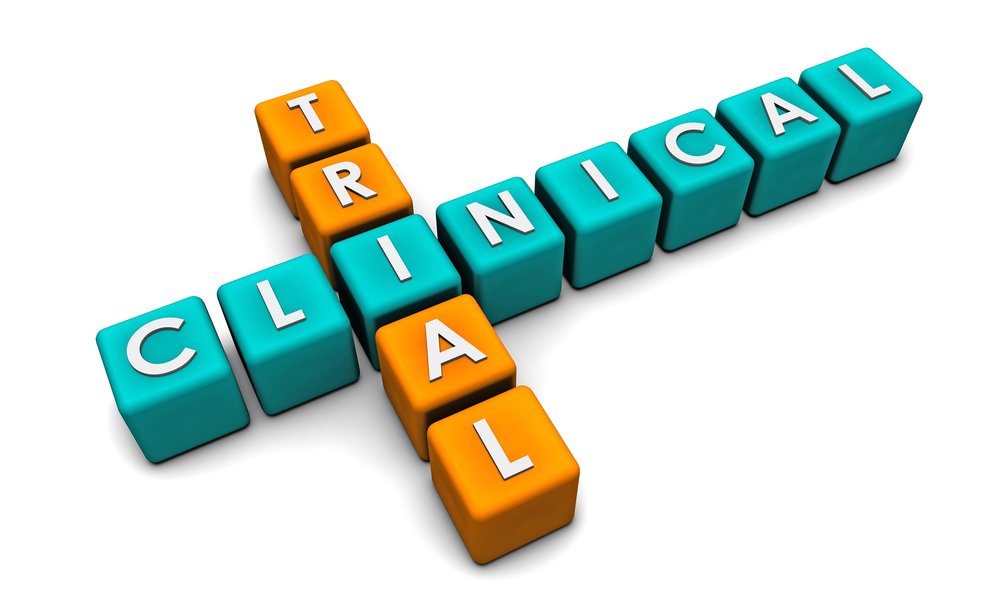Myeloma Patients in Phase 1 Trial Show High Response Rates with REGN5458 Treatment

Treatment with Regeneron Pharmaceuticals‘ investigational therapy REGN5458 was well tolerated and significantly lowered the tumor burden in more than half of heavily treated multiple myeloma patients in a Phase 1 clinical trial, researchers report.
At a four-week assessment, among the four patients receiving the highest dose (6 mg), the response rate reached 75%, and half were also negative for minimal residual disease — meaning they showed no signs of any remaining cancer cells after treatment that could cause relapse.
These findings were presented at the recent American Society of Hematology 2019 Annual Meeting, in a poster titled “Safety and Preliminary Clinical Activity of REGN5458, an Anti-Bcma x Anti-CD3 Bispecific Antibody, in Patients with Relapsed/Refractory Multiple Myeloma.”
REGN5458 is an engineered antibody that acts as a bridge between immune cells and cancer cells by binding to proteins on the surface of both cell types. Specifically, the antibody binds to the CD3 surface receptor on immune T-cells, and to the B-cell maturation antigen (BCMA) on myeloma cells.
By bringing T-cells closer to cancer cells, REGN5458 is designed to promote cancer cell death while reducing the release of specific signaling molecules (known as cytokines) from activated T-cells — a process that causes the most side effects in immunotherapy use.
REGN5458 was developed using two of Regeneron’s proprietary platforms — VelocImmune and VelociBi — which enable the creation of bispecific antibodies that closely resemble natural human antibodies, with no linkers or artificial sequences, avoiding potential immune responses that may occur when the antibodies contain nonhuman parts.
At the meeting, researchers reported preclinical results showing that REGN5458 effectively kills multiple myeloma cell lines in the lab and eliminates traces of cancer in mice implanted with human myeloma cells.
The effects were dose-dependent, meaning that higher doses had the greatest anti-cancer effects, and were seen in myeloma cells with variable levels of the BCMA protein, one of REGN5458’s targets.
A first-in-human, open-label Phase 1/2 trial (NCT03761108) was then launched to investigate the treatment’s safety and effectiveness in people with relapsed or refractory multiple myeloma.
The trial is recruiting up to 74 participants in the U.S. who have received at least three prior lines of therapy, including a proteasome inhibitor such as Velcade (bortezomib), an immunomodulatory agent such as Revlimid (lenalidomide), and an anti-CD38 antibody such as Darzalex (daratumumab).
The study is being conducted in two parts. First, patients will receive ascending doses of REGN5458 to determine its safety and establish the best dose for further testing. Then, in the Phase 2 portion, researchers will assess the preliminary efficacy of the established dose, as measured by the proportion of patients who respond to the therapy.
Secondary assessments in both Phase 1 and 2 include duration of response, the time patients live without disease worsening, the proportion of patients attaining minimal residual disease negativity, and overall survival.
Researchers will also determine how REGN5458 behaves once inside the body (with respect to its absorption, distribution, metabolism, and excretion) and whether the immune system mounts an attack against the bispecific antibody.
As of Oct. 11, seven patients have been included in the study — three on a 3 mg weekly dose and four on the 6 mg dose — and have been assessed at four weeks. These patients, at a median age of 78, had all failed prior treatment with an anti-CD38 antibody and had been given a median of seven lines of therapy, with some having received up to 17.
REGN5458 significantly reduced tumor burden in 57% of participants and in 75% of those in the highest dose. Two patients in this group were also negative for minimal residual disease. At the time of the analysis, three patients were responding to treatment, with durations raging between one and 5.2 months.
“We are encouraged to see promising, rapid clinical activity even at the initial two doses of REGN5458 in heavily pretreated patients with multiple myeloma. Two patients achieved the high bar of MRD negativity, and another patient attained a very good partial response despite entering the trial with difficult-to-treat plasmacytomas outside of the bone marrow,” Israel Lowy, MD, PhD, senior vice president and head of clinical and translational sciences for oncology at Regeneron, said in a press release.
The most common treatment-related adverse events were low levels of lymphocytes (a type of immune cell), anemia, low platelet counts, and cytokine release syndrome — a common side effect of immunotherapies in which the immune system becomes overactive. Severe or worse adverse events were seen in five patients, but no patient has experienced neurotoxicity or stopped treatment due to adverse events.
The trial is still enrolling patients into its dose-escalation part.
“We are actively recruiting patients into higher dose groups in this trial and look forward to sharing further results in 2020. In addition, we have also initiated a clinical trial for our second BCMAxCD3 bispecific, REGN5459, which has different binding characteristics,” Lowy said.






